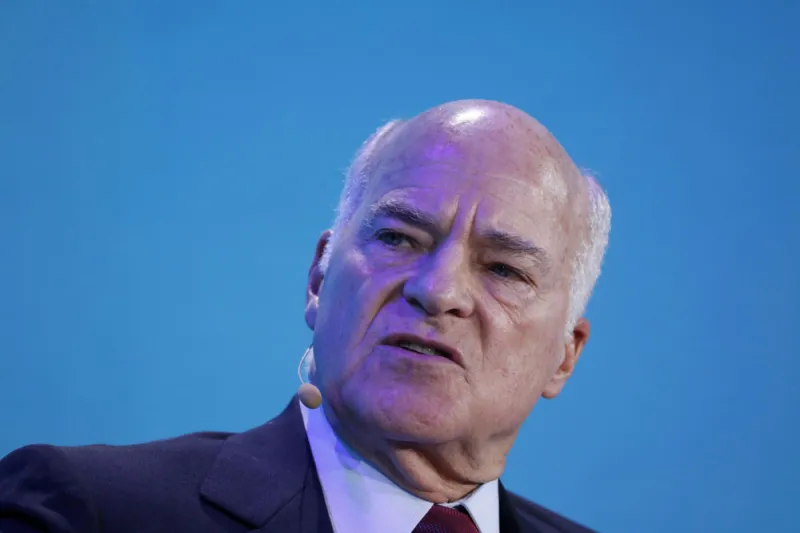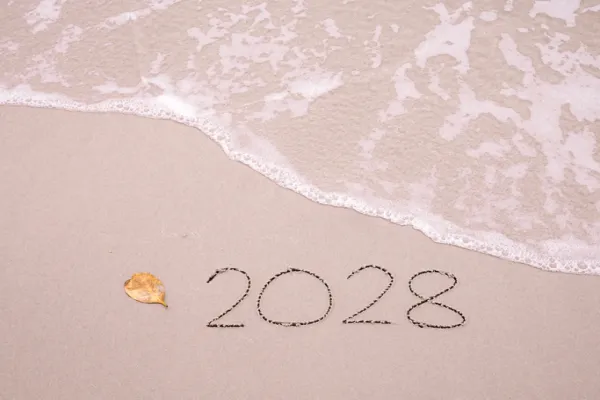KKR & Co. collected $426 million of fees during the first quarter, benefiting from income that kept flowing even as the value of its funds fell.
About 75 percent of that total came from management fees, which are largely based on investor commitments to KKR’s funds and their invested cost of assets — not the net asset values of the investment pools, said chief financial officer Rob Lewin during the firm’s earnings call Wednesday. Total fees rose about seven percent in the first quarter compared to the same period last year, the asset manager’s earnings report shows.
While KKR padded its pockets with fees, the coronavirus pandemic hit the value of firm’s $207 billion in assets as of the end of March. KKR’s private equity portfolio fell 12 percent in the first three months of this year, while its alternative credit funds lost 16 percent and the real estate vehicles declined 1 percent, according to the report.
“We expect to grow our management fees by greater than 50 percent over the next three-and-change years,” Lewin said during the call. He described such fees as a “real financial benefit” during times of “market dislocation.”
KKR raked in about $1.27 billion in management fees during the 12 months through March, up 14 percent from the same period the year before, the earnings report shows. Meanwhile, KKR has ramped up conversations with its investors — having double or triple the usual amount of dialogue about what it’s seeing in its portfolio, according to co-president Scott Nuttall.
“Basically, every conversation then pivots to offense and where to lean in,” Nuttall said during the call. “We have a lot of clients around the world that invested into the recovery” from the 2008 financial crisis and now want to profit on the current recession’s rebound, he said.
KKR has $58 billion of dry powder, or unspent capital that investors have committed to its funds, according to the earnings report.
The firm has been “particularly busy” over the past couple months investing in the credit and equities of companies it had identified pre-crisis as buying opportunities — once the securities fell to a certain price, Nuttall said. “Some of those opportunities were very short lived, so we were able to move quickly.”
[II Deep Dive: Apollo Pivots Buyout Fund ‘Almost Entirely’ Into Distressed Mode]
KKR is also working to provide rescue financing to companies during the crisis, according to Nuttall. Elsewhere at the firm, he said some of the companies owned by KKR are looking at possible acquisitions while investment opportunities for its funds are also arising.
KKR has seen public and private companies seeking to sell non-core areas of their business in order to reduce their debt or buy back stock, Nuttall said. “That wave is starting to show up.”
As for new allocations from investors, KKR expects to benefit from the current environment. That’s partly due to the challenge of finding yield after the Federal Reserve cut interest rates in March to a range of zero to 0.25 percent as part of its effort to combat tumultuous financial markets.
In “the conversations in the last handful of weeks with CIOs around the world, there is a real recognition that a low rate environment went to virtually a no-rate environment,” Nuttall said. “They need to keep looking for ways to generate returns.”







